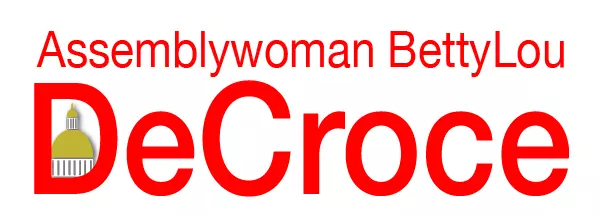DeCroce bill requiring state to stockpile PPE advances to governor
DeCroce bill helping smaller businesses use digital currency advances
March 1, 2021A shortage of personal protective equipment at the beginning of the coronavirus pandemic proved to be one of the state’s biggest public health challenges. A bill, sponsored by Assemblywoman BettyLou DeCroce, preventing such a crisis and encouraging equipment manufacturing was back in the Assembly today to concur with Senate amendments.
The Assembly voted unanimously in favor of the bill (A4803) that requires the Office of Emergency Management to maintain a stockpile of equipment and establishes an approval process for businesses to transition to manufacturing protective gear.
“Without the proper protective equipment at the start of the coronavirus outbreak, our essential and frontline workers were put in precarious positions,” said DeCroce (R-Morris). “We need to make sure this never happens again by making the process easier for manufacturers to start producing equipment and creating a plan to stockpile it in the state.”
Under the bill, the state must create stockpiles of federally-approved equipment and New Jersey Office of Emergency Management-approved equipment. It will also allow the agency to grant approval to businesses to create equipment.
New Jersey manufacturers like Suuchi Inc., a supply chain platform, and Eclipse, which makes mattresses, retooled operations to produce masks, gowns, gloves and other protective gear during the pandemic. However, many other businesses were not able to transition to making protective equipment due to lack of federal approval.
“We shouldn’t solely rely on the federal government to approve New Jersey businesses transitioning from manufacturing one type of product to producing much-needed personal protective equipment during emergencies,” said DeCroce. “We have capable and successful manufacturers that can produce those supplies in New Jersey. We should be helping keep them in business so people can stay employed.”
During public health emergencies, equipment in the stockpiles will be made available without charge to the state, municipalities, public schools, non-profit private and charter schools, and state hospitals and nursing homes.
The remainder will be available for purchase by businesses at market or cost price, whichever is higher, and non-profits at 75 percent of market price or cost price, whichever is higher.
In December, the legislation was passed unanimously in the Senate. It now goes to the governor.
